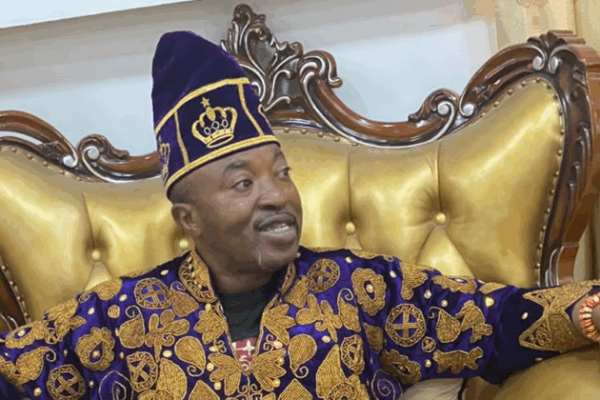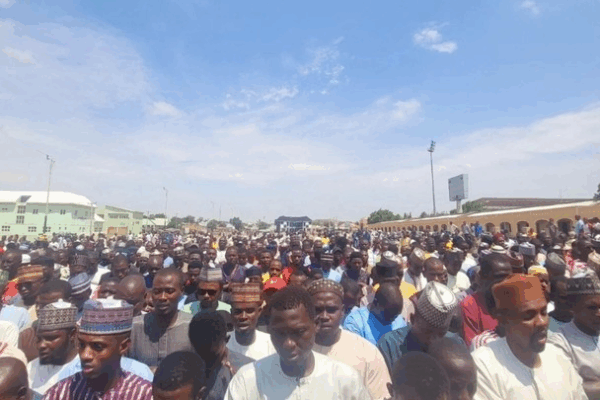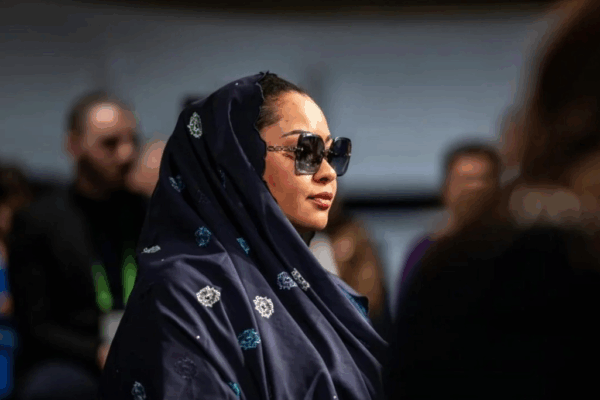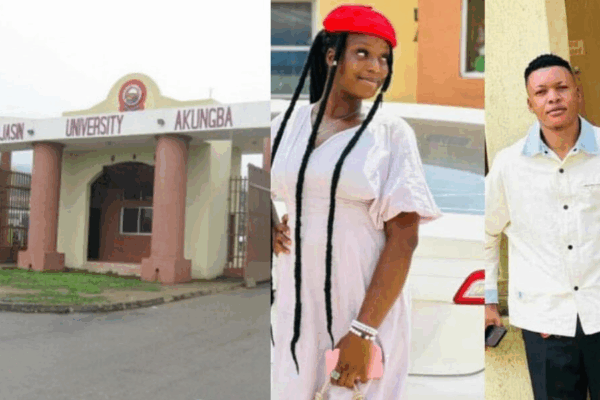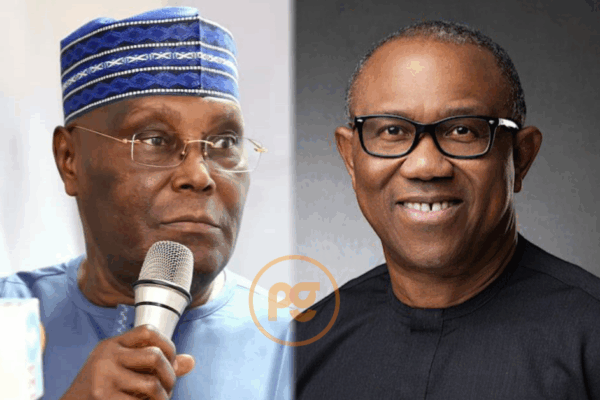
2027 Politics: Atiku’s Show of Strength in Katsina Fuels Speculation on Obi’s Next Move
KATSINA, July 16, 2025 – Former Vice President Atiku Abubakar drew massive attention at the burial of late President Muhammadu Buhari in Katsina on Tuesday, raising fresh debates about the political permutations ahead of the 2027 general elections. Atiku, who attended the high-profile funeral alongside key political heavyweights including former Kaduna State Governor Nasir El-Rufai, former Sokoto Governor Aminu Tambuwal, and several African Democratic Congress (ADC) chieftains, was greeted by a large crowd chanting “Sai Atiku.” The strong display of support has intensified speculation that Atiku is consolidating influence within the ADC ahead of 2027, with many political analysts questioning the chances of Labour Party’s Peter Obi in securing a viable platform for his presidential ambition. Observers note that if Atiku secures the ADC ticket, Obi’s path to the presidency could become significantly more challenging. Some political commentators suggest that Obi should consider negotiating for the vice-presidential slot on a joint ticket with Atiku, rather than risk political isolation. “In Nigerian politics, coalitions and strategic alliances often determine success,” one analyst noted, drawing parallels with Goodluck Jonathan, who rose to the presidency after accepting the VP role under late President Umaru Musa Yar’Adua in 2007. Analysts argue that for Obi, accepting a vice-presidential slot could keep him relevant on the national stage and position him for future leadership opportunities. The unfolding developments indicate that 2027 will likely be dominated by power blocs, mergers, and survival politics, as major contenders begin to align forces across regional and party lines.


